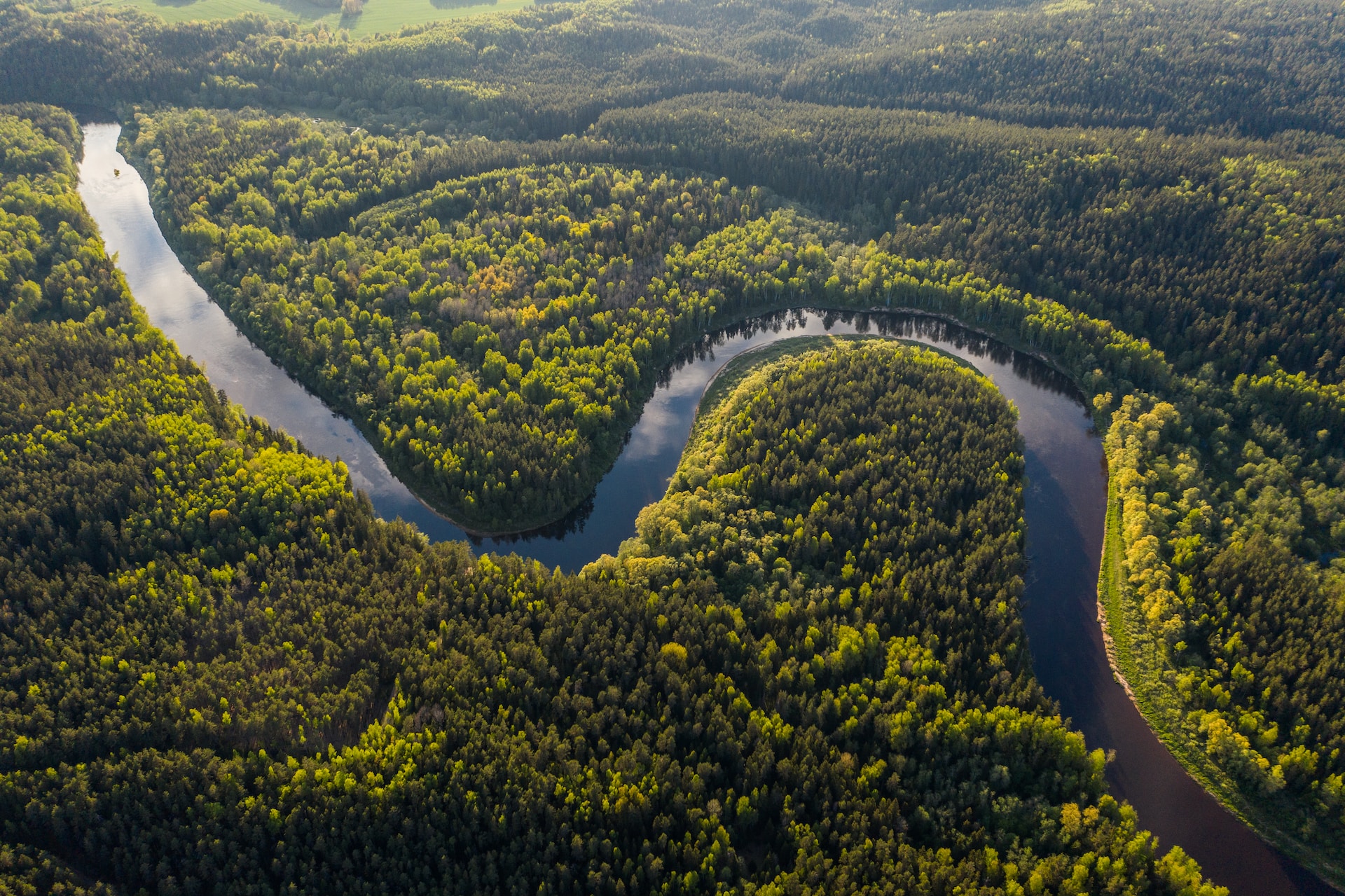
In the heart of the Ecuadorian Amazon, Nemonte Nenquimo, a formidable Waorani activist, stands as a beacon of hope for indigenous communities battling against the encroachment of resource extraction and the destruction of their ancestral lands. Nenquimo's journey, which began in 1985 in Nemompare, Pastaza, Ecuador, is characterized by tenacity, leadership, and a strong sense of connection to her heritage.
In 2015, Nenquimo co-founded the Ceibo Alliance, a groundbreaking Indigenous-led nonprofit organization dedicated to preserving the Amazon rainforest and protecting the traditional livelihoods of its people. Recognizing the urgent need for action, she assumed the role of the first female president of CONCONAWEP, the Waorani organization of Pastaza province, in 2018.
The story of Nenquimo's activism is deeply intertwined with the history of the Waorani Nation, whose lands faced colonization by Christian missionaries in 1958 and subsequent devastation by the oil-driven Ecuadorian government in the 1960s. The government's partitioning of Waorani land for oil auctions led to the displacement of the indigenous people, forcing them deeper into the forest to protect their way of life.
Nenquimo, drawing inspiration from her ancestors and the wisdom of elderly Waorani women, recognized the environmental and cultural impact of climate change long before it became a global concern. Her determination to safeguard her people's heritage and the Amazon rainforest culminated in a landmark legal victory in 2019. As the plaintiff in a case against the Ecuadorian government, she played a pivotal role in securing a court ruling that protected half a million acres of Waorani ancestral territory from oil drilling.
This victory not only marked a triumph for the Waorani but also set a precedent for Indigenous rights in Ecuador. For indigenous nations opposing resource extraction in their territories, the Ecuadorian government's commitment to the free, prior, and informed consent process before auctioning land became a turning point.
Moreover, Nenquimo's achievements have garnered international recognition. In 2020, she became the second Ecuadorian and the only Indigenous woman on the Time 100 list of the world's most influential people. She received the UN Environment Programme "Champions of the Earth" award for Inspiration and Action in the same year.
Currently, Nenquimo, alongside her spouse Mitch Anderson, is working on a memoir titled "We Will Not Be Saved," set to be published in June 2024. The memoir aims to challenge the discriminatory preconceptions of Indigenous people by weaving together oral history and personal experiences.
Nenquimo's multifaceted approach to activism combines legal battles, community organization, and sustainable initiatives. Through her leadership, the Waorani people have not only protected their land but have also set an inspiring example for indigenous communities globally, emphasizing the importance of self-determination, cultural preservation, and environmental stewardship. Her legacy serves as a testament to the power of grassroots movements in the face of environmental and cultural threats.
